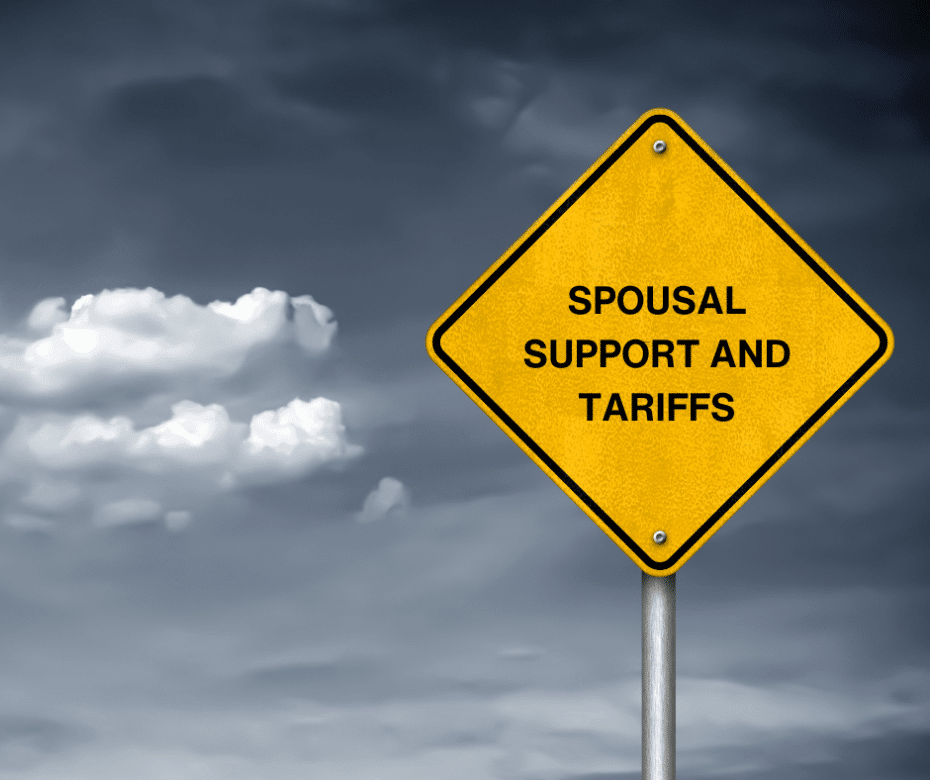Call Us At 519.672.5666
Insights & Articles
Tariff Trepidation: Thinking About Retirement Due to Industry Changes? Don’t Forget Your Spousal Support Obligations

Retirement can have significant implications on spousal support, particularly in cases where a former spouse seeks to reduce or terminate their obligations due to changes in their financial situation.
Courts in Canada have addressed these issues in various landmark decisions, and understanding how these rulings shape spousal support can help both payors and recipients manage expectations. Here’s a look at how retirement influences spousal support, informed by some key case law.
What is a Material Change in Circumstances?
One of the fundamental principles when determining whether spousal support should be varied is whether there has been a “material change in circumstances.” This is a core element in cases where a payor seeks to reduce or terminate support after retirement. In the Willick v. Willick (1994) case, the Supreme Court emphasized that a variation application can only be successful if the applicant can prove a material change in circumstances since the original support order. This means that if a party’s financial situation changes significantly–such as retirement–there may be grounds for revisiting the spousal support arrangement.
Is the Recipient or the Payors Hardship More Important?
In Schulstad v. Schulstad (2017), the husband sought to terminate spousal support as he was preparing for retirement. The application was initially accepted by the trial judge, who deemed retirement a material change. However, on appeal, the court found that the husband’s substantial assets and expected retirement income were not sufficiently considered when terminating support altogether. Instead, the Court remitted the matter for further consideration, emphasizing that the spouse receiving support should not automatically face financial hardship simply because the payor retired.
Slongo v. Slongo (2017) further illustrates how retirement–particularly early retirement–can impact spousal support. In this case, because of the husband’s substantial post-retirement income the Court of Appeal only slightly reduced spousal support payments demonstrating that retirement does not always lead to a significant reduction.
Retirement Does not Always Change Support
When considering retirement in the context of spousal support, courts carefully examine whether there has been a material change in circumstances. Retiring does not automatically eliminate or reduce support obligations–each case depends on the specific financial circumstances of both parties. Key factors include whether the change in income or assets is substantial enough to warrant a modification, and whether the recipient spouse can support themselves independently.
Conclusion: Stability for the Recipient is a High Priority
Whether you’re the payor or recipient, seeking legal advice when significant life changes such as retirement occur can help you navigate potential adjustments to spousal support obligations. Contact Mckenzie Lake Lawyers for a consultation to find out if you have a strong case.

This article was written by Family Law Lawyer, Katrina Wiegers.
If you require assistance with any Family Law matter, speak to a Family Lawyer at McKenzie Lake Lawyers LLP by calling (519) 672-5666.

